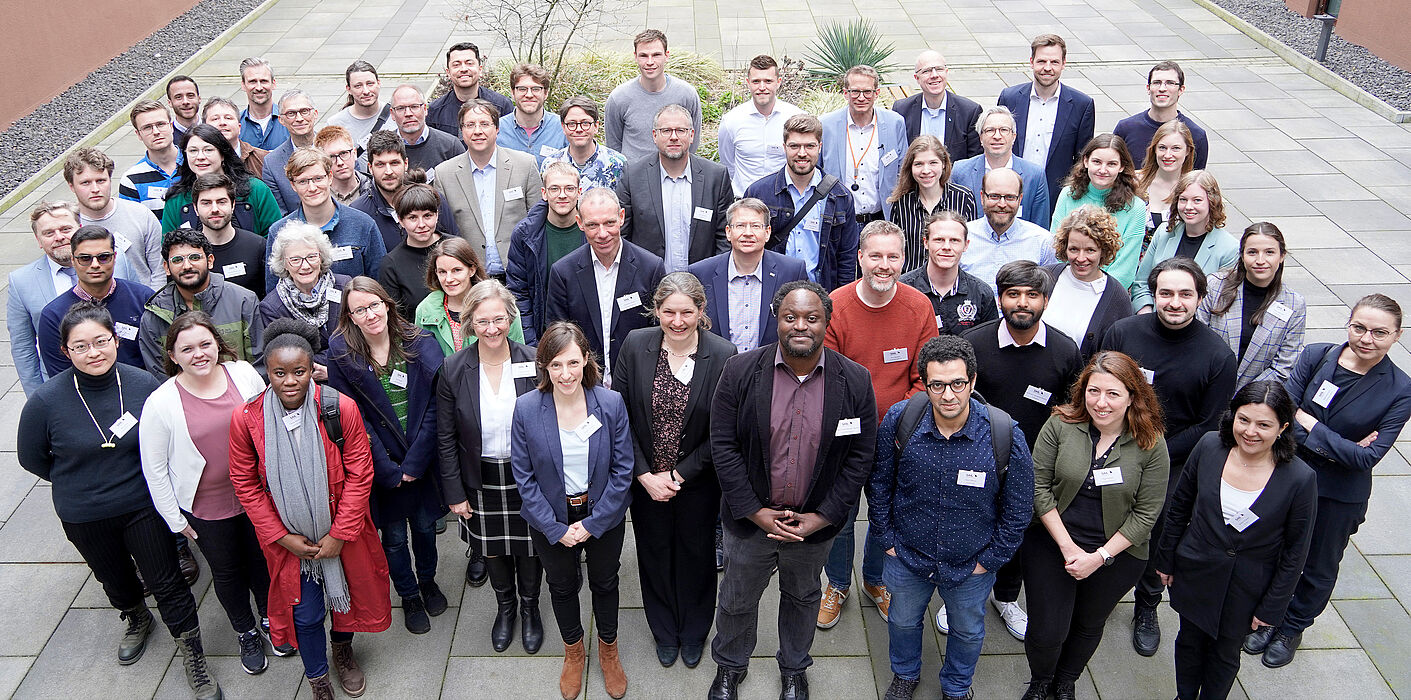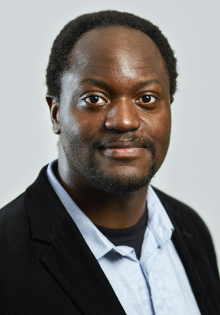Artificial intelligence (AI) is everywhere in our society. March saw the official launch of the SAIL research network, where researchers will develop the foundations for the sustainable design of AI components, with a kick-off event at Paderborn University’s Zukunftsmeile 2. ‘We are proud to be part of such a large, promising project. SAIL is an excellent example of fruitful, successful collaboration in Campus OWL. It confirms the exceptional research that we are undertaking in the field of artificial intelligence’, explains Professor Johannes Blömer, Vice-President for Research and Junior Academics at Paderborn University.
Around 90 researchers are involved in this four-year joint project, receiving up to 14.8 million euros of funding from the North Rhine-Westphalia state government. It will explore how AI systems could operate in a sustainable, transparent, secure, resource-efficient way over a long product life cycle. Paderborn University, Bielefeld University, Bielefeld University of Applied Sciences and Arts (HSBI) and OWL University of Applied Sciences and Arts (TH OWL) are joining forces in an interdisciplinary network. SAIL stands for ‘SustAInable Life-cycle of Intelligent Socio-Technical Systems’. ‘ChatGPT has prompted wide discussion about artificial intelligence. AI is becoming increasingly relevant, but also needs to be handled extremely sensitively. SAIL represents successful, trusting collaborations to further promote the development of AI to meet social requirements’, as Professor Angelika Epple, Vice-Rector for Research and International Affairs at Bielefeld University, happily describes the relationship between the project partners.
Preserving human self-determination
The aim of the network is to develop foundations for the sustainable design of AI components whilst also preserving human self-determination. AI is changing virtually every aspect of human life. It affects not only individual human behaviour, but also social norms and structures. However, we are currently facing challenges such as defective systems, depleted resources and cognitive stress’, explains the research network’s coordinator, Professor Barbara Hammer of Bielefeld University. The deputy coordinator is Professor Axel-Cyrille Ngonga Ngomo of the Department of Computer Science at Paderborn University.
Insights into interdisciplinary research
The network uses an interdisciplinary model in order to tackle systems’ social, cognitive and technical requirements. Researchers from the fields of IT, engineering, humanities and social sciences offered insights into a diverse range of research with short presentations at the kick-off event.
Junior Professor Sebastian Peitz from the Department of Computer Science at Paderborn University discussed simulations of complex physical systems and how these can be efficiently controlled using the method of reinforcement learning. ‘Exploiting system knowledge and wisely selecting training data based on this significantly reduces AI’s learning phase and computational complexity’, Peitz explained.
The presentation given by Professor Sina Zarrieß of Bielefeld University examined the linguistic style of human-AI communications. Professor Martin Kohlhase of Bielefeld University of Applied Sciences and Arts looked at sustainable AI in terms of its industrial applications, and Professor Hanna Drimalla of Bielefeld University explained her research seeking to use AI to identify non-verbal stress indicators.
Professor Helene Dörksen of TH OWL is researching an AI process to determine the sex of chicken embryos, where a laser causes sex-specific substances to begin to glow whilst still in the egg. AI processes the resulting data and can use this to determine the sex.
The presentation given by Junior Professor Ilona Horwath of Paderborn University covered the processes of social inclusion and exclusion in hybrid contexts. The researcher is examining areas including how social institutions can implement and make use of AI in a fair, trustworthy way.
In the keynote speech, Dr. Thomas Bürger from the company Weidmüller Interface GmbH & Co. KG talked about transfer from AI research into industry to enable data to be used to create value.
Further information is available on the research network’s website.


